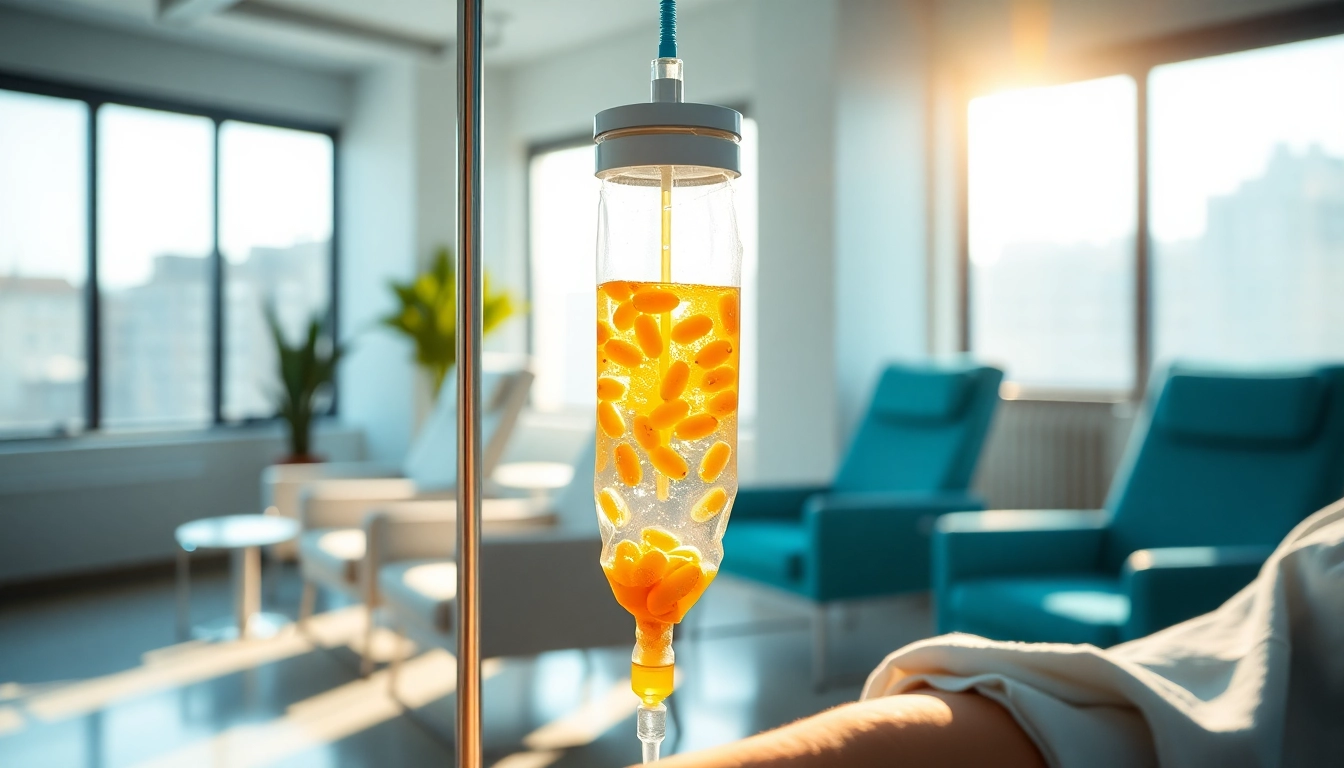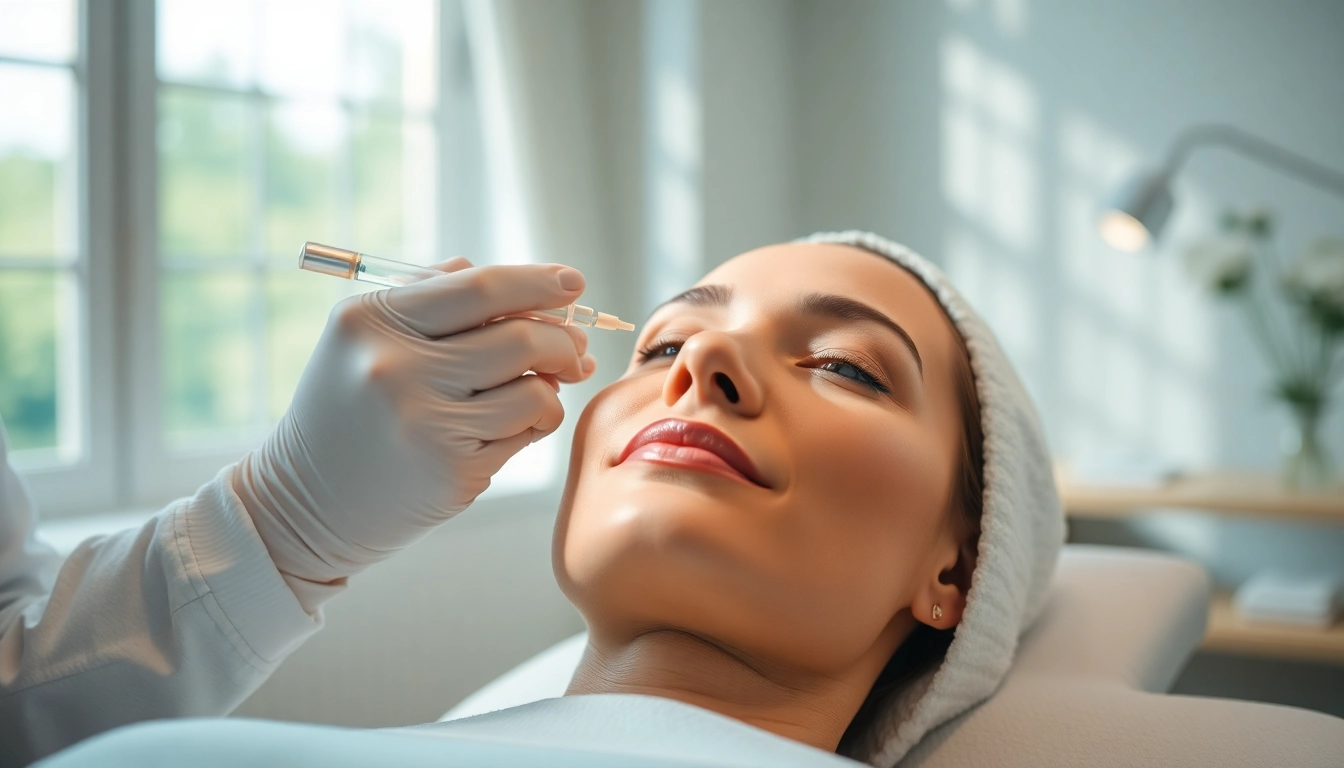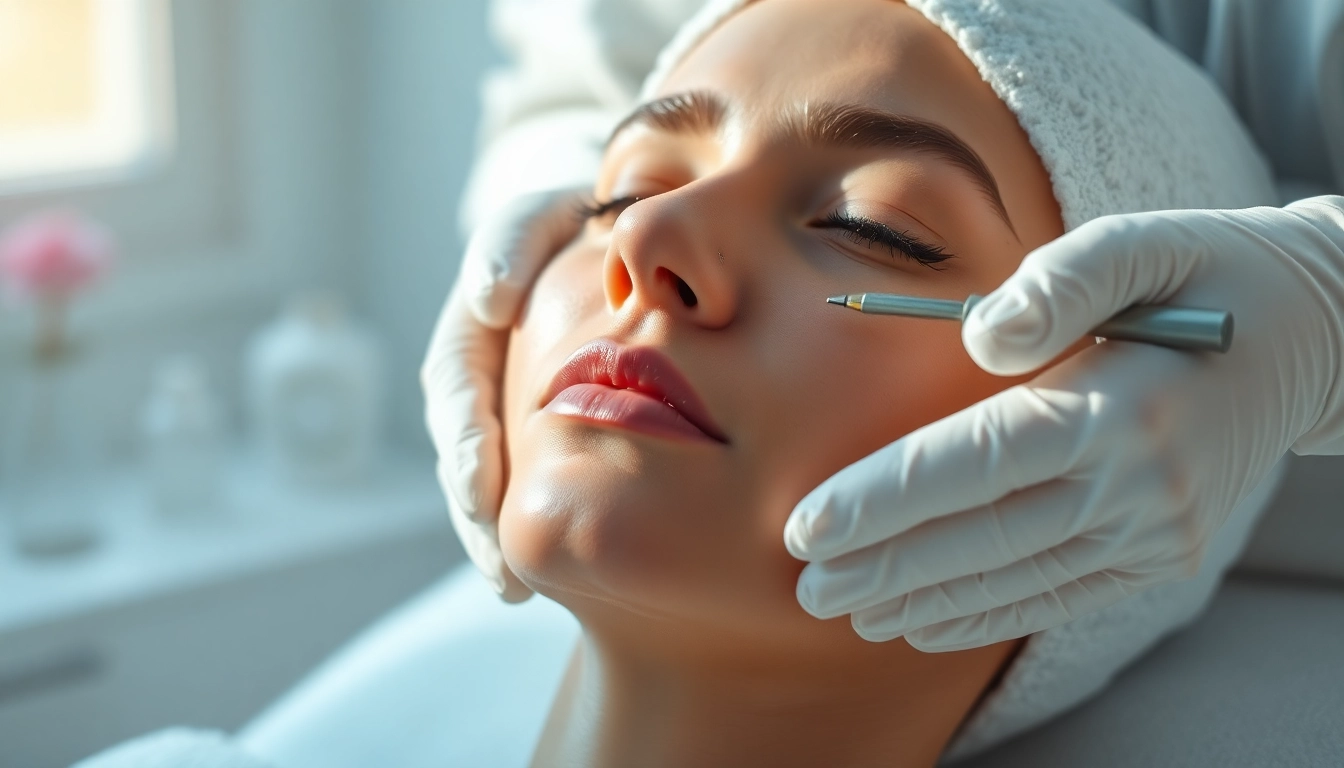Understanding Acne: Causes and Symptoms
What is Acne?
Acne is a common skin condition that affects millions of people worldwide, primarily teenagers and young adults. It occurs when hair follicles become clogged with oil, dead skin cells, and bacteria, leading to the formation of pimples, blackheads, whiteheads, and more severe lesions like cysts. While acne can appear on any part of the body, it is most often found on the face, chest, shoulders, and back. The psychological impacts of acne can be profound, affecting self-esteem and social interactions.
Common Triggers of Acne
Understanding the various triggers of acne is crucial for managing its symptoms effectively. Common triggers include:
- Hormonal Changes: Fluctuations in hormones, particularly during puberty, menstruation, pregnancy, or due to conditions like polycystic ovary syndrome (PCOS), can increase oil production in the skin.
- Diet: Foods high in sugar, dairy, and refined carbohydrates have been linked to exacerbating acne.
- Stress: Stress triggers an increase in cortisol levels, which can lead to increased oil production and subsequently acne.
- Medications: Certain medications, such as corticosteroids or ones containing lithium, can worsen acne.
- Skincare Products: Comedogenic products (those that clog pores) can lead to breakouts.
Recognizing Acne Symptoms
Recognizing the symptoms of acne is essential for early treatment. Symptoms can include:
- Pimples and pustules
- Blackheads and whiteheads
- Oily skin
- Red and inflamed lesions
- Possible scarring or hyperpigmentation after lesions have healed
Acne Treatment Options: An Overview
Topical Treatments for Acne
Topical treatments are often the first line of defense against acne. These treatments include:
- Benzoyl Peroxide: A powerful antibacterial agent that helps reduce inflammation and unclogs pores.
- Salicylic Acid: A beta hydroxy acid that promotes the shedding of dead skin cells and helps keep pores clear.
- Retinoids: Vitamin A derivatives that promote cell turnover and prevent clogged pores. Products like tretinoin and adapalene are commonly prescribed.
- Antimicrobials: Topical antibiotics can reduce bacteria and inflammation, often used in combination with other treatments.
- Azelaic Acid: A naturally occurring acid that can help to reduce redness and inflammation while combating bacteria.
Oral Medications for Persistent Acne
For some individuals, topical treatments may not be sufficient to control acne. In these cases, oral medications may be necessary:
- Antibiotics: Oral antibiotics such as tetracycline, doxycycline, or minocycline can help reduce bacteria and fight inflammation.
- Hormonal Treatments: For women, hormonal therapies, including birth control pills or anti-androgens like spironolactone, can balance hormone levels and reduce acne.
- Isotretinoin: Commonly known by its brand name, Accutane, this powerful medication is reserved for severe cases and works by significantly reducing oil production.
Advanced Treatments: Light and Laser Therapy
For those who do not respond to standard treatments, advanced options may be recommended:
- Light and Laser Therapy: Various wavelengths of light can target acne-causing bacteria or reduce inflammation.
- Chemical Peels: These procedures involve applying an acid solution to exfoliate the skin’s top layers, promoting clearer skin.
- Microneedling: A technique that creates tiny injuries to the skin, promoting healing and potentially reducing scarring.
Best Practices for Acne Treatment at Home
Effective Skincare Routines for Acne-Prone Skin
Establishing an effective skincare regimen is critical for managing acne. Recommended practices include:
- Gentle Cleansing: Use a mild cleanser twice a day to remove excess oil and impurities without over-drying the skin.
- Moisturization: Even oily skin needs hydration; opt for oil-free, non-comedogenic moisturizers.
- Sun Protection: Use non-comedogenic sunscreen daily to protect against UV damage and prevent post-acne hyperpigmentation.
- Spot Treatments: Apply targeted treatments with active ingredients directly to blemishes.
Dietary Considerations in Acne Management
Diet can significantly impact skin health. Consider the following dietary tips to improve acne:
- Reduce Sugar and Dairy: Limiting sugar intake and dairy products may help improve acne symptoms.
- Consume Antioxidant-Rich Foods: Foods high in antioxidants can reduce inflammation; these include fruits, vegetables, nuts, and seeds.
- Stay Hydrated: Proper hydration supports healthy skin function and aids in detoxification.
Home Remedies: What Works?
Some individuals find relief through natural remedies. Here are a few that are often discussed:
- Tea Tree Oil: Known for its antibacterial properties, tea tree oil can be effective when used in diluted form.
- Aloe Vera: This soothing plant may help reduce redness and inflammation.
- Honey: Honey has antimicrobial properties and can be used as a mask to soothe irritated skin.
- Green Tea: Drinking green tea and using topical products with green tea extract may help reduce acne-related inflammation.
Professional Help: When to See a Dermatologist
Signs That You Need Expert Care
While many acne cases can be treated at home, certain signs indicate the need for professional intervention:
- Persistent acne that does not respond to over-the-counter treatments.
- Severe acne, including cystic acne.
- Acne that leads to scarring or severe emotional distress.
- Recurring breakouts despite a consistent skincare regimen.
What to Expect in a Dermatology Consultation
During a visit to a dermatologist, you can expect:
- A thorough examination of your skin to assess the type and severity of acne.
- Discussion of your medical history, including lifestyle and dietary habits.
- A personalized treatment plan that may include topical, oral, or advanced treatments.
- Advice on managing potential side effects of prescribed treatments.
Follow-Up Care and Maintenance
Once treatment has started, follow-up appointments are crucial for assessing progress and making adjustments. Consistent communication with your dermatologist can help ensure optimal results and manage any emerging concerns.
Myths and Facts about Acne Treatment
Debunking Common Acne Myths
There are many myths surrounding acne that can lead to ineffective treatments. Understanding the facts can help clarify these misconceptions:
- Myth: Acne is caused by poor hygiene.
Fact: While keeping the skin clean is important, excessive scrubbing can irritate the skin and worsen acne. - Myth: Eating chocolate causes acne.
Fact: While diet can affect skin health, there is no direct evidence linking chocolate to acne.
Misconceptions about Acne Treatment
Understanding these misconceptions can also lead to better treatment approaches:
- Misconception: All acne treatments work for everyone.
Reality: Treatments must be tailored to individual skin types and severity. - Misconception: Once you start treatment, you can stop when the acne improves.
Reality: Continued maintenance is often necessary to prevent a recurrence.
Realities of Acne Scar Treatment
Acne scars can be a long-term consequence of severe acne. Treatment options for scarring include:
- Laser Resurfacing: Helps improve skin texture by removing damaged outer layers.
- Dermal Fillers: Some scars can be filled in to improve their appearance.
- Microneedling: Stimulates collagen production to reduce the visibility of scars.
If you are struggling with acne and looking for effective Acne Treatment solutions, consider consulting with a healthcare professional to discuss the best options for your skin type and condition. Understanding the unique aspects of your skin and taking informed steps can pave the way toward clearer, healthier skin.



